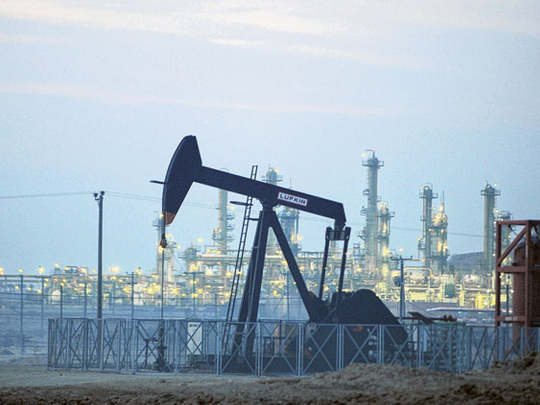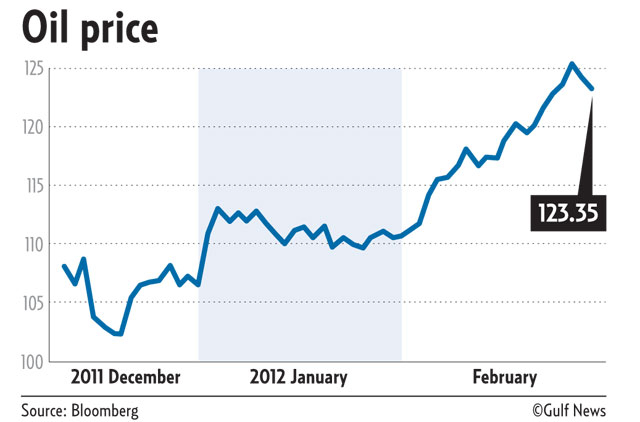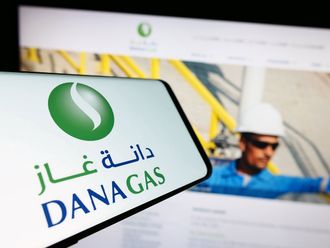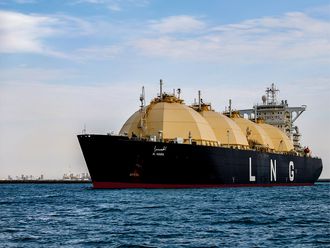
Abu Dhabi: The windfall from oil exports in recent months may have given the Gulf Cooperation Council (GCC) states enough cushion to enable them to carry on with their development projects and investment ventures for months in the likely event of another recession hitting the global economy, experts say.
International oil prices have surged nearly $40 (Dh146.92) a barrel in the last six months due to the West's tensions with Iran over its controversial nuclear programme and supply concerns, given the unrest in several oil exporting countries in the Middle East.
Brent crude traded a tad below $125 a barrel on Monday, and crude on the New York Mercantile Exchange was trading at around $109 a barrel. Coming out of the global financial crisis, these price levels are considered too high for oil importing countries, some of which risk slipping back into recession largely due to the strain of high cost of crude imports. "The high oil prices have helped increase the foreign currency reserves of GCC countries and provided them a cushion against a future drop in oil prices," Mohammad Amerah, an Abu Dhabi-based economist, told Gulf News.
"The crude exporting countries know very well that the windfall gains do not last for long. This has happened before and will happen again. The countries may have already planned how they are going to use their surplus from oil revenues. In my view, much of the surplus funds would be deployed in developmental projects and will get invested through their sovereign wealth funds," Amerah added.
Danger to recovery
Samuel Ciszuk, consultant with London-based KBC Process Technology Ltd, told Gulf News that oil prices are indeed at levels where more and more watchers are seeing a clear danger to the economic recovery of the US and the already very weak economic situation in Europe.
"Even in Asia, there are some disconcerting signs that oil prices might be causing a slowdown. From historic experience, at these levels, it would be expected that demand destruction is already happening, particularly in the US and Europe," Ciszuk said.
He added: "In the meantime, GCC states are, of course, earning record revenues, putting them in a good position to both deliver on increased social spending programmes, maintain aggressive econ-omic diversification and industrialisation, as well as build comfortable (sovereign wealth fund) reserves which could come in handy should there be a new global economic downturn."
Bank of America Merrill Lynch in a recent report said oil prices are unlikely to fall drastically. "In our view, Brent oil is unlikely to dip below $80 per barrel, on average, as significant non-Opec [Organisation of Petroleum Exporting Countries] supply constraints and rising Opec budgets will create a high floor on oil prices. But oil is unlikely to hover around its floor. Rather, we believe oil will remain a key constraint on global economic growth, suggesting that prices will continue to spike to ration demand back down to the limited supplies," it said.
It said the world economy can hardly afford to spend more than nine per cent of its gross domestic product (GDP) on energy. "In a supply-constrained world, increased liquidity should set oil prices on an upward path. In other words, with nominal global GDP estimated to expand to $92 trillion through 2016, demand rationing will likely require ever higher dollar per barrel prices. On our estimates, oil prices could even spike to $200 over the next five years," the report added.













